What is a Doula?
It’s a common misconception that a Doula and Midwife are the same thing. They aren’t. While a Midwife attends to the medical side of your prenatal care and the delivery of your baby, a Doula attends to the labouring woman and her partner by first preparing them for labour and then providing continual support throughout labour.
The word Doula originates from the Ancient Greek word δούλη meaning “female servant”, or “a woman who serves”. Think of a Birth Doula as a labour coach. She is a non-medical person who provides emotional, physical and informational support and encouragement to a woman and her partner before, during and after childbirth.
Birth Doula vs. Postpartum Doula:
A Birth Doula attends to women during pregnancy, helping her and her partner prepare for birth. She will join them during labour and stay with them until their baby is born. She provides assistance and support with breastfeeding in the immediate postpartum.
A Postpartum Doula provides assistance to mom after the baby is born by helping to tend to the baby, she may also help with light chores around the home, preparing meals, and may also provide further assistance with breastfeeding.
So What Does a Doula Do?
A Birth Doula will meet with you once or twice during your pregnancy to prepare you for the process and progression of labour and delivery. She will educate you and assist with gathering information to make decisions about everything from the numerous medical interventions and pain relief options we have today as well as newborn procedures and hospital policies and procedures. She should also educate you about your rights as a patient and help you feel empowered and in charge of your birth.
She will also have several connections and referrals sources for everything from Birth Pool and TENS unit rentals, Placenta Encapsulation services, as well as Massage Therapists, Chiropractors, Acupuncturist and much more.
When your labour begins your Doula will guide you and coach you to help you stay focused and relaxed. She’ll provide suggestions to help your labour progress more quickly and she can problem solve to get things on track if your labour isn’t progressing or your baby isn’t in an ideal position.
Your Doula will help at home in the early stages of labour and she’ll know when it’s time to go to the hospital or to call the midwife. It’s important to avoid going to the hospital too early, only to be sent home.
A Doula helps you cope by providing:
-
Physical comfort measures such as: massage, physical touch, acupressure and counter pressure to relieve discomfort
-
Emotional support: suggestions to keep you focused and relaxed, encouragement to feel confident and reassured
-
Informational support: education about policies and procedures, explanations of interventions and assistance communicating your wishes
-
Benefit for Partners: peace of mind, reassurance, informational support and guidance in helping the birthing women
Dads/Partners and Doulas Work Together:
It seems to be a concern of many fathers or partners that the Doula will somehow replace them. This isn’t the case. A well trained and experienced Doula will know how to help the partner assist and work with the labouring woman, making the experience a time and opportunity for a deeper connection between the woman and her partner.
A good Doula will also take care of the partner while she’s attending to the mother. She will encourage both partners to continue eating and drinking fluids and can be a great source of reassurance as labour progresses and intensifies.
Partners report having less anxiety, increased confidence, peace of mind and feeling reassured when a Doula is present.
How Can We Know That Having a Doula Will Help Us?
Studies show that the provision of continuous support during labour by doulas is associated with improved maternal and fetal health along with a variety of other benefits including:
-
Labours are 25% shorter
-
Cesarean rates are reduced by 50%1
-
There is 40% less need for oxytocin to speed labour1
-
Need for forceps is reduced by 40%1
-
Women request 30% less pain medication and 60% fewer epidurals1
-
There are fewer complications
-
Lower risk of medical interventions
-
Greater success with breastfeeding
-
Lower risk of postpartum depression
What Does a Doula Bring to a Birth?
First and foremost, a Doula brings her heart, hands, eyes and ears to every birth she attends along with her training and experience to know how and when these tools should be used.
Some Doulas also come equipped with their own TENS unit, Rebozo, hot water bottle or rice bag, ice packs, fans, tea-light candles and all kinds of other fabulous things you may never have thought helpful during labour.
Choosing the Right Doula for Both Partners:
It’s important that both partner’s feel comfortable with their Doula. The mother should feel that her Doula is someone she can trust and feel safe with and her partner should feel that their Doula is someone whom he or she can work with and communicate with ease. Ask your potential Doula any question that comes to mind and take the time to get to know who she is and how she will work with you.
Questions to Ask Your Doula:
- What is your birth philosophy?
- What are your fees? What is included with your services?
- Do you attend home/hospital births?
- Will you work well with my Midwife/Doctor/Obstetrician?
- When would you join me during labour?
- Will you come to my home or meet us at the place of birth?
- What type of coping techniques will you use?
- How will you work with my partner?
- Do you have a backup Doula that you work with in case you’re not available when I go into labour? Can I meet them?
- Will we be able to call/text/email you with questions or concerns before or after the birth?
How Much Does It Cost and What’s Included?
The going rate for Birth Doula services here in the Lower Mainland seems to run between $650-1200. A lot of the price range depends on a Doula’s experience, the number of births she’s attended and what is included with her services.
Most Doulas will include two prenatal meetings, one postnatal meeting and a period of being on-call for your birth. Most Doulas consider themselves on-call from the time that you are 37 weeks pregnant up until your baby is born.
Some higher rate Doulas may also include the use of a TENS unit, birth pools or some even include Placenta Encapsulation with their services.
What Other Services Do Doulas Offer?
Some Doulas offer additional services such as belly casting, blessing way ceremonies, private prenatal classes, Placenta Encapsulation and much more. Be sure to ask your Doula what she offers and what is included with her fees.
1 Mothering the Mother, How a Doula Can Help You Have a Shorter, Easier and Healthier Birth, by Kennell, Klaus, and Kennell (1993)

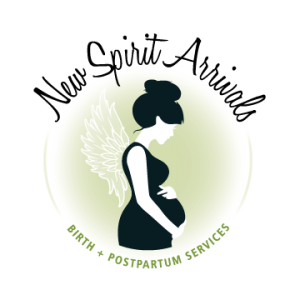
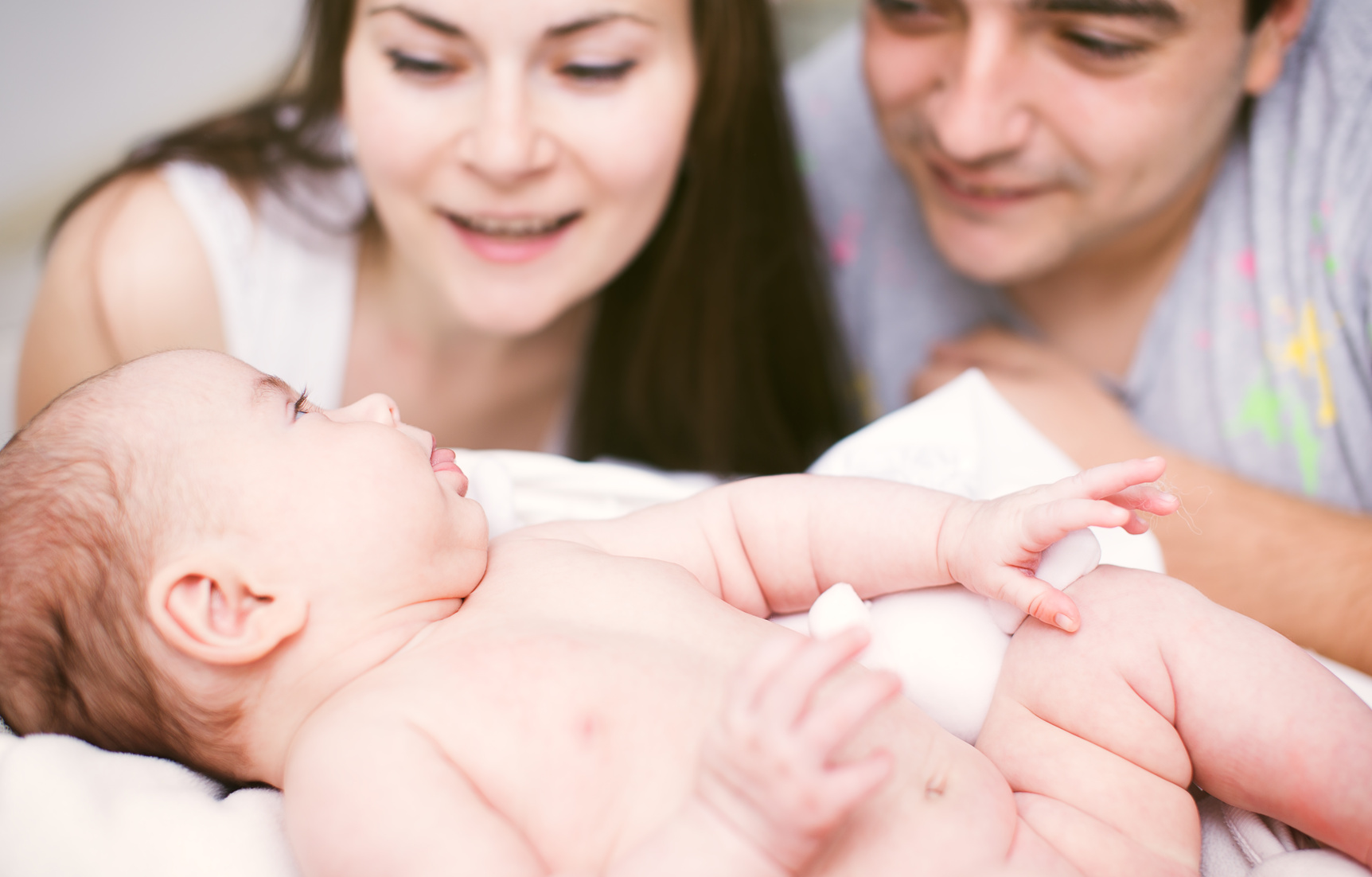
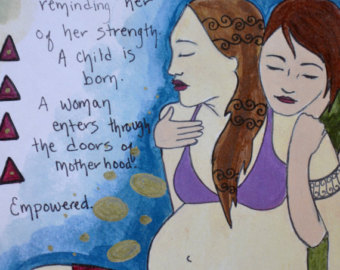



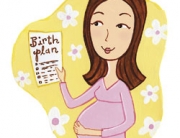
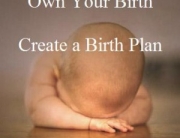
Leave A Comment